Do you ever find at the end of the day that you’ve completed little of your to-do list? Or perhaps that you’ve achieved nothing noteworthy? If you find this happening, it’s likely due to going into your day without a cohesive and structured plan. We’re sharing our favourite tips for planning your day, staying focussed, and achieving your goals.
1. Write Out Your Plan Daily
Step one of having a plan - unsurprisingly - is to physically write out your plan. This helps you with time management, time allocation and project management.
Be mindful not to overwhelm yourself, and to only write down what you realistically know you can achieve. Make a list of your top three priorities, and then any additional tasks that you’ll accomplish too.
2. Set Your Daily Plan At The Same Time Each Day
Planning at the same time daily helps to create a routine. It doesn’t matter whether you plan your day in the morning or the night before, but sticking to that allocated time fosters a positive habit that you’re more likely to stick to.
3. Divide Your Tasks
Make two separate lists - one for work tasks and another for personal tasks. You can then allocate time for each task during the day in a single timeline, (e.g emails at 9 am, laundry at 10 am) or alternatively, you can create separate lists for each. However, if you choose to keep them separate, make sure to keep track of each and not to overlap your tasks.
4. Start Easy
Beginning your day with 3 easily achievable tasks will help to set you up for success. Psychologically, if you’re able to complete a few tasks quickly in the morning, you’re more likely to continue your day in a productive mindset, believe that you can achieve what you set out to do.
5. Refer Back Often
Actively referring back to your list and making mental notes of your time taken to complete tasks, where you’re at on your current timeline and whether you’re on track to achieve your goals helps to keep you focussed and productive. It helps to keep your list somewhere easily accessible, such as on a pad of paper by your computer, or on your phone notes app.
